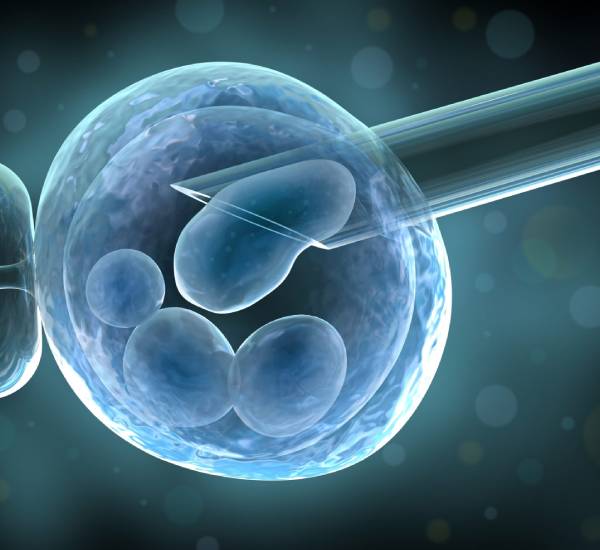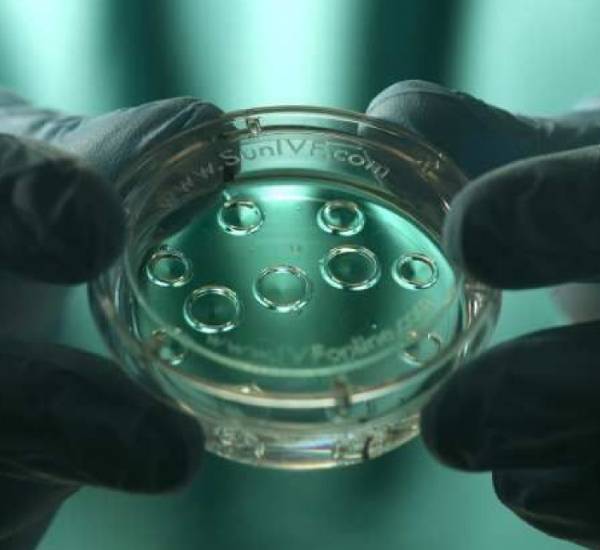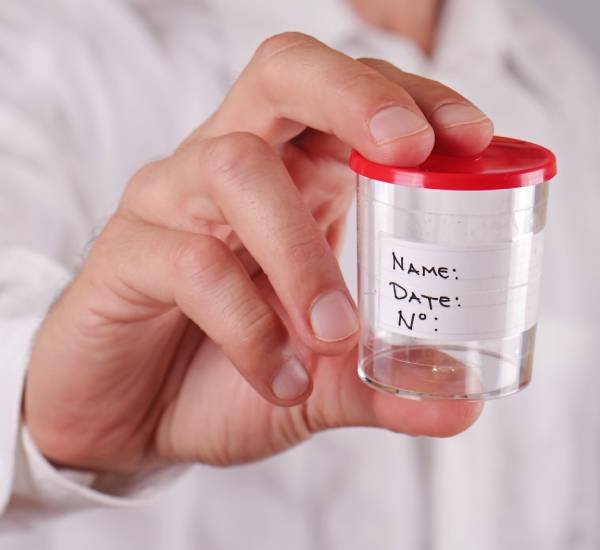Third Party Reproduction

What is Third Party Reproduction?
Third party reproduction in layman’s terms means taking the help of a third person by a couple for the process of IVF. The most common ways it can be done is by using donor eggs, donor sperms, donor embryos or by surrogacy.
Who needs Third Party Reproduction?
As more and more couples are delaying marriage and childbirth, there is an increasing trend toward third party reproduction being seen in recent years.
Donor eggs - One of the most common reason for the need of donor egg is advanced age. As the couples waste their precious reproductive years moving from doctor to doctor trying to conceive naturally, by the time they are seen by a reproductive specialist, they already have low ovarian reserve or poor AMH results.
Also there might be poor number of eggs due to previous ovarian surgery for endometriosis , cystectomy or even drilling.
In certain patients there might be need for donor eggs due to poor egg quality in previous IVF cycles.
Donor sperms : There is a considerable increase in the number of cases of male infertility. The need for donor sperms is there only when in an azoospermic (no sperms) male , the doctor has not been able to retrieve any sperms by the process of Testicular sperm extraction or TESE
Donor embryos : It is like adoption and may only be indicated when there are both male and female factors or due to financial constraints.
Surrogacy : In simple terms means renting a womb or taking the help of another woman’s womb to carry one’s child. It might be needed in patients with uterine abnormalities like fibroid, adenomyosis, unicornuate uterus etc; in patients with recurrent IVF failures or if a pregnancy is dangerous for maternal health.
Where does a patient get donor sperms or eggs from ?
There are registered ART banks in India from which oocyte and sperm donors are availed by one’s IVF clinician.
How are egg donors matched?
The egg donors are thoroughly screened for the presence of any disease through a battery of medical investigations. Also an ultrasound is performed to evaluate their ovarian reserve. A thoroughly filled ICMR from which includes in detail the medical, social and personal history of egg donor is then shown to the couple to decide. Also care is taken to match physical characteristics and blood group.
How long does the treatment process take?
The time required is similar to a normal IVF procedure and is over in a span of 16-20 days.
Is the whole treatment confidential?
Yes, the treatment is highly confidential and discussed with the couple only. At no point of time are the details discussed with or disclosed to any third party.
How much does it cost?
Depending on the egg donor, the price for the treatment can range from 2.1 to 2.3 lakh rupees including everything in cases of egg donation.
Is it legal?
Yes,it is legal and proper consents are taken to safeguard against any issues in the future.





